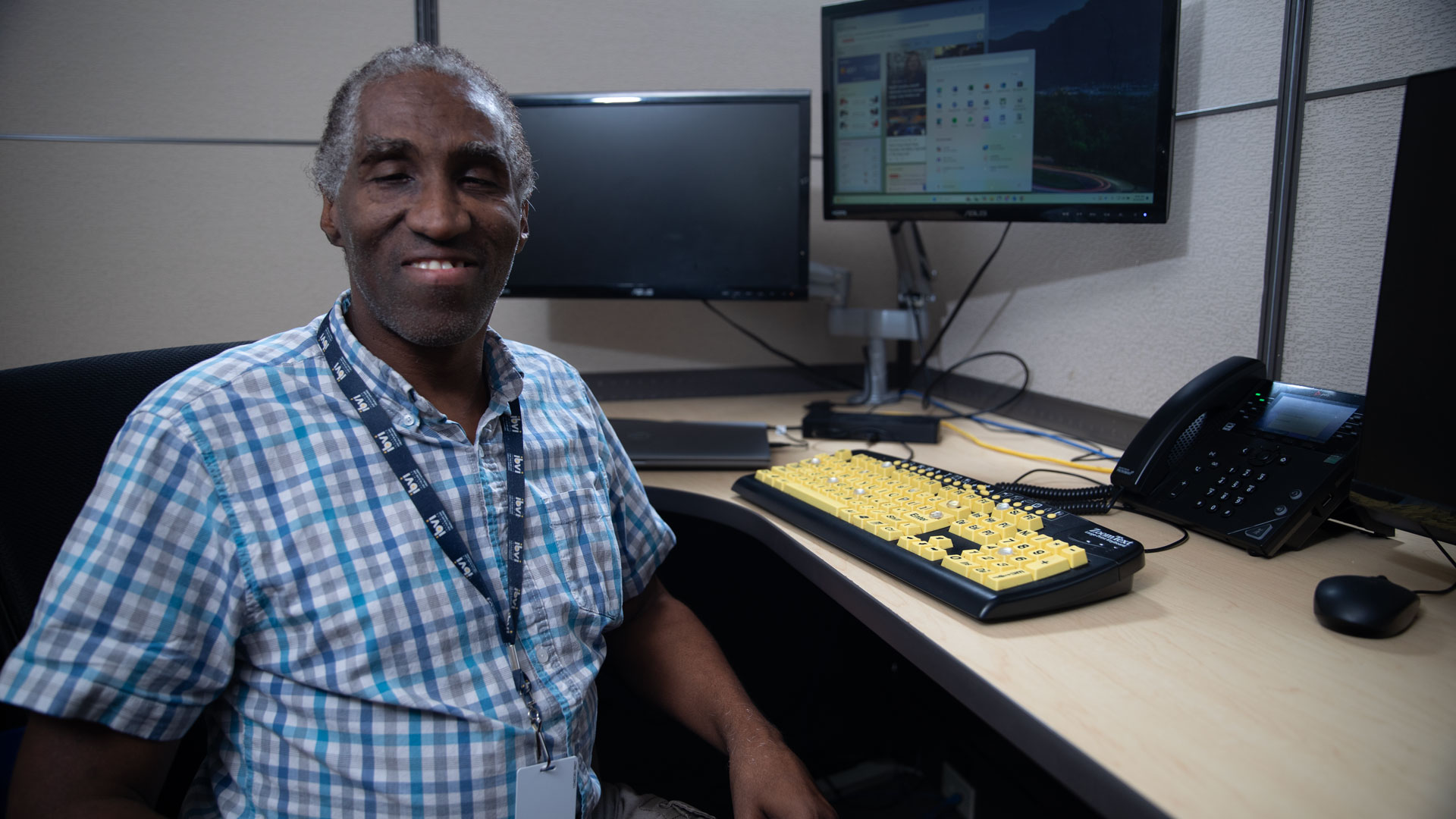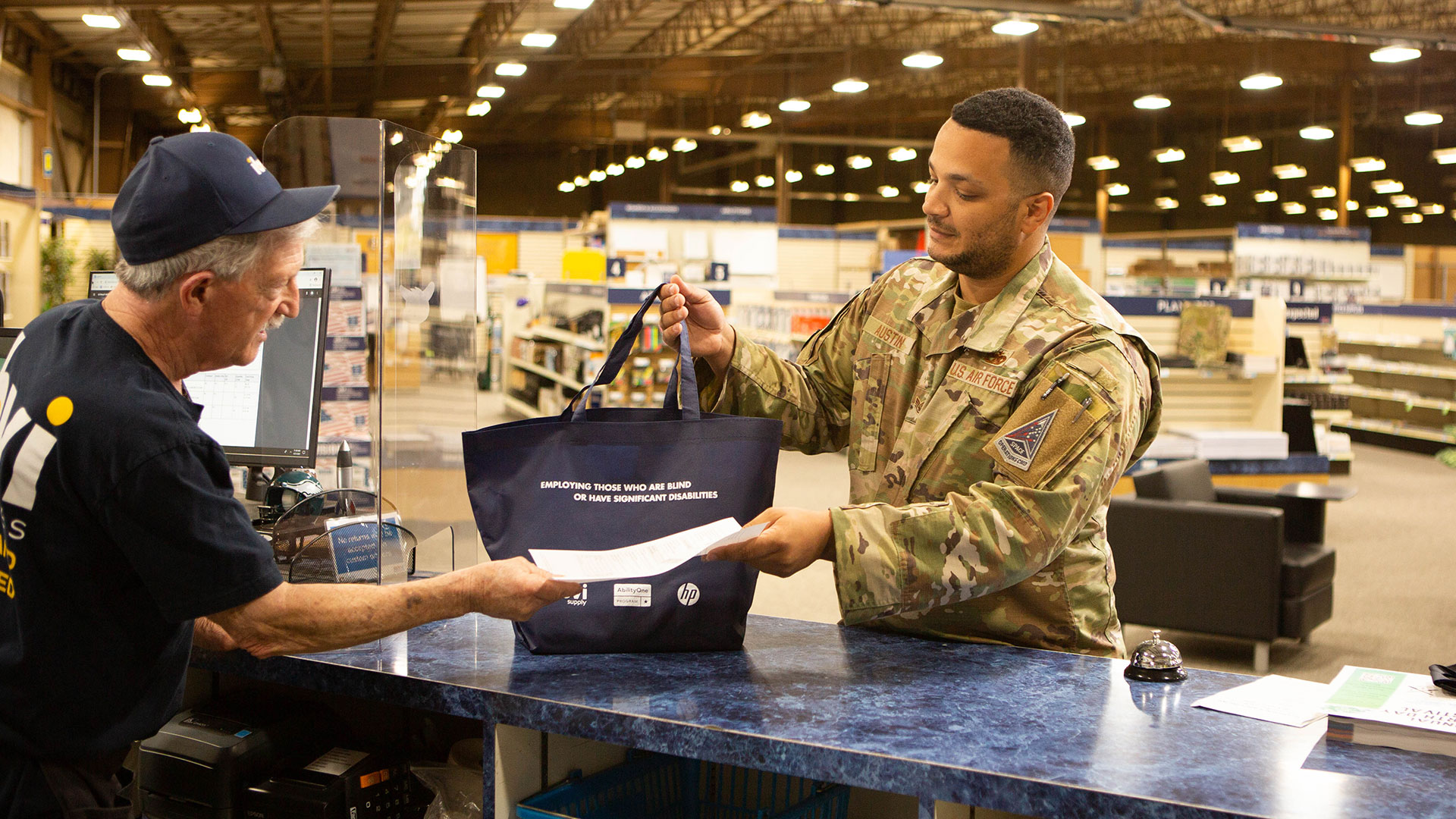If you’re a parent, you may be wondering if your blind or visually impaired child should attend a traditional school or receive schooling through an alternative method. This is a big decision to make, and there’s no right or wrong choice. Traditionally, blind and visually impaired students have three educational options: traditional K-12 schools, residential schools for the blind, and homeschooling or online courses.
Traditional K-12 Schools
According to the NFB, nowadays the vast majority of blind and visually impaired children are educated at neighborhood schools. Depending on the size of your city and school district, your child may have any combination of the following options when attending a traditional grade school, middle school or high school:
- Traditional classroom setting: From assistive computer programs and smartphone apps to groundbreaking accessibility tools like eSight, SpiderSense and OrCam, today’s technology makes a traditional classroom environment more accessible to blind and visually impaired students.
- TVIs / Itinerant Teachers: Sometimes referred to as itinerant teachers, teachers of Students with Visual Impairments (TVIs) travel to the students’ local schools to provide instruction – typically in supplement to a traditional classroom setting.
- Resource room: In some districts, blind or visually impaired students who opt to attend mainstream classes will have access to a resource room for a portion of their day. There, students will be offered an Expanded Core Curriculum featuring specialized lessons on things like assistive technology or Braille.
- Specialized classroom: In large cities, some schools offer specialized classrooms dedicated solely to blind students

Schools for the Blind
Choosing whether or not to send your child to a school for the blind can be a big decision, particularly since most operate as boarding schools. In addition to traditional academics, these residential schools focus heavily on specialized training in things like Braille literacy and adaptive skills.
Such schools can be a great option for families who live in rural areas or other districts where resources for blind and visually impaired students are limited. Additionally, as Chicago Lighthouse points out, residential schools for the blind are popular options for students with other disabilities in addition to visual impairment, as it enables them to receive more personalized, one-on-one attention.
Homeschooling / Online Courses
Some parents make the decision to homeschool their blind child, or allow their blind teenager to take online courses. While some parents may choose distance education due to lack of resources at their local school, others may do so because their child performs better with personalized instruction.
There are a wide variety of resources available for those who wish to homeschool their blind or visually impaired child. One of the most popular resources is Hadley Institute for the Blind and Visually Impaired. Hadley courses are tuition-free for people who are blind or visually impaired, and students can study at their own pace while receiving personalized, one-on-one guidance from their instructor.
Which option is right for your blind or visually impaired child?
When making your decision, you’ll want to consider the following questions:
- What is your child’s comfort level with each option, and overall preference?
- Does your child have a high level of social confidence, or would they do best in a situation that provides them with more encouragement?
- What amount of training will your child receive in blindness-related skills like Braille and accessible technology?
- Which option will provide the best opportunity for your child to excel academically?
While choosing a school environment for your blind or visually impaired child is big decision, it’s important to remember that there’s no right or wrong answer. If you’re looking for further advice, the American Foundation for the Blind’s FamilyConnect website is a wonderful resource for all things related to parenting a blind or visually impaired child.


